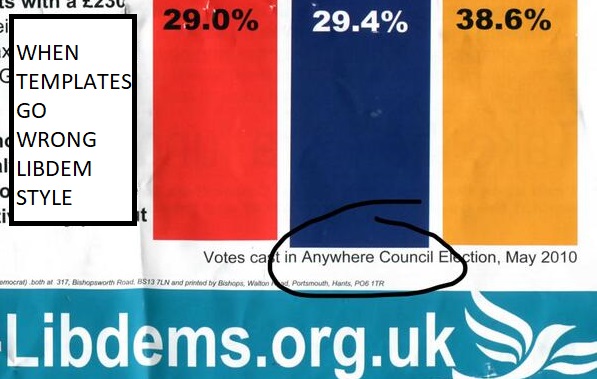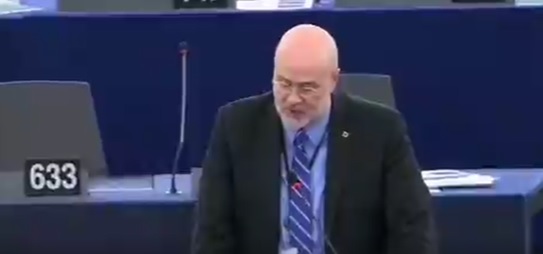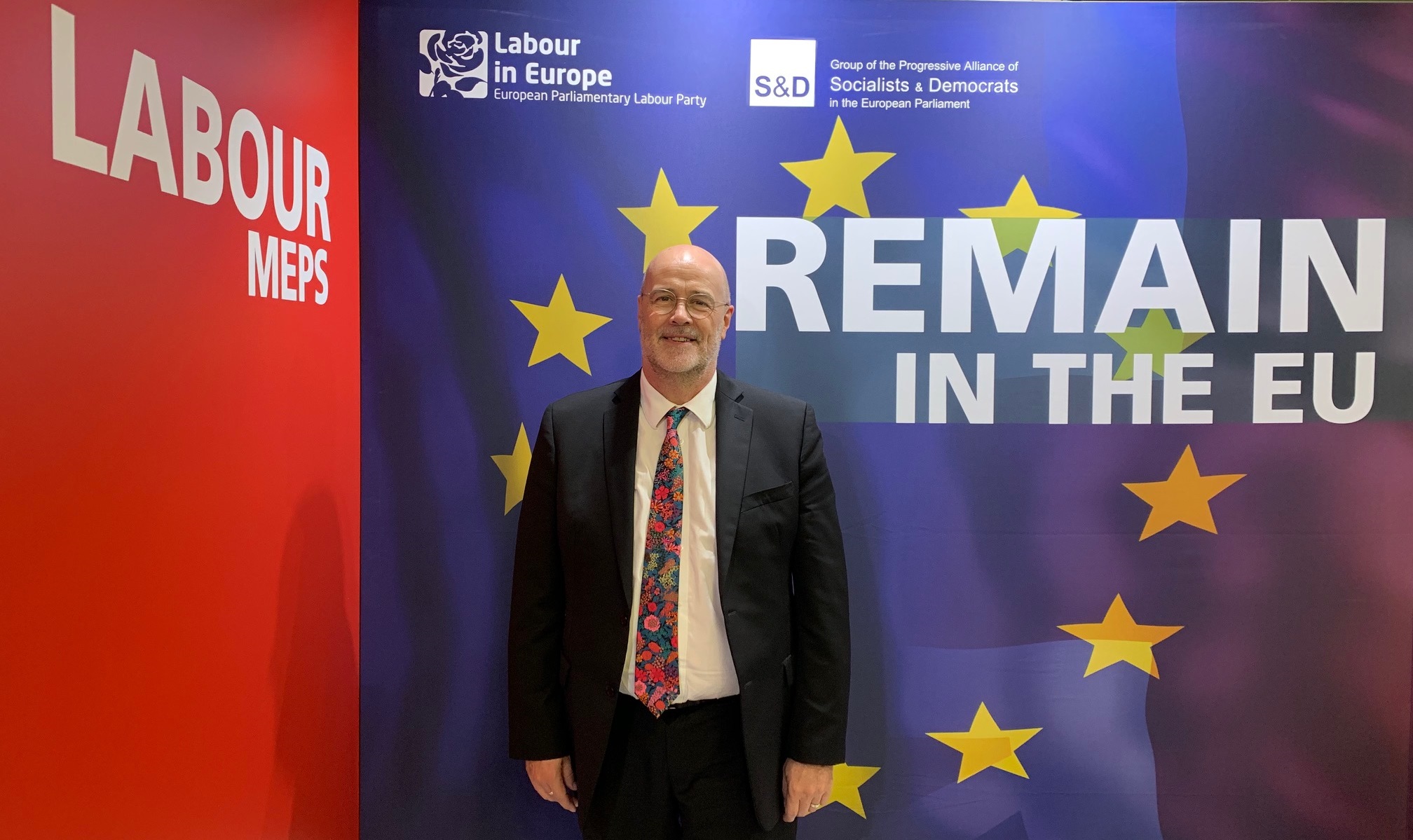You can't trust the Tories with the NHS
Boris Johnson has painted himself into a corner between the spectre of NHS privatisation and Brexit’s 'sunlit uplands' of a potential UK-US trade deal.
Here's the conundrum. When it comes to it the public simply won't wear 'selling the NHS'. However, the US, whatever has been said, will definitely expect “everything on the table” in trade negotiations. Trump put it out there and his backtracking has no value – it's the insurance, health business and pharma lobbyists who will hold sway in the real world. Boris Johnson keeping his promises to the British people (a stretch, I know) means we'll end up with the limited deal with the US we have now – while losing the high value one we have as EU members. But if he abandons his pledges then he might win a 'meaningful deal' with the US – but one which will still insist on degraded standards for agri-products and a free-for-all pop at the NHS for big pharma et al. There would be public uproar. Either case is a no-win for the UK and will be a drop in the bucket against the value of the trade deal we have now as EU members.
Boris Johnson doesn't mind breaking promises (or downright lying) as we all know and he couldn’t care less what the voters think once the election is over. Held hostage in the middle of this dispiriting scenario is our National Health Service. The slide towards privatisation has been moving steadily forward. You can read about it here . Anyone who thinks there will be no renewed design on the future of the NHS under a Tory administration is deluded.
The self-serving, right-wing crowd who populated Johnson's Cabinet until the election are at the front of the charge to secure NHS privatisation. Raab, Patel, Truss, Kwarteng - all have their grasping fingers round its neck. See here in their own words. Their 147-page publication “After The Coalition” said the “current monolith” of the NHS should be “broken up”, adding:
“Hospitals should be given their independence ... New non-profit and private operators should be allowed into the service, and, indeed should compete on price.”
It added: “Across the world, countries with more competition, such as Germany and Switzerland, tend to be more efficient. Two-thirds of German hospitals are run privately or not-for-profit.”
In fact the NHS has suffered from lowered state spending, fewer hospital beds, and fewer doctors and nurses than other European countries according to a report from the London School of Economics and Harvard School of Public Health.
Raab’s righteous protestations of innocence since the document came to light should persuade people further they cannot trust these Tories. These are the ones that will be up there on the front bench if we don't stop them, and our National Health Service and the public will pay a severe price.
They have to be stopped. Get the word out. You can't trust the Tories.












